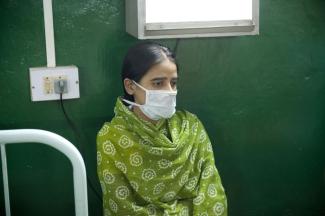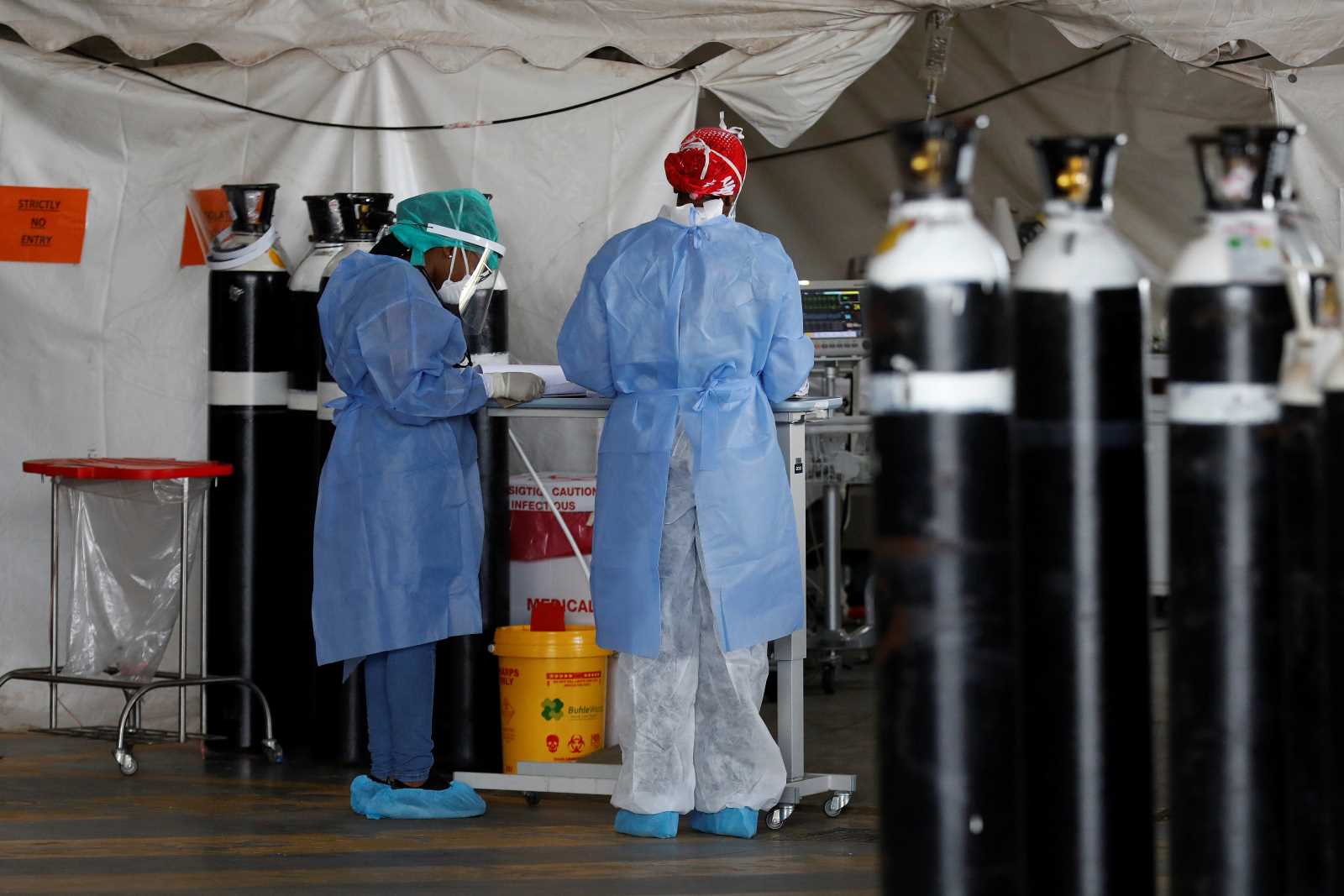Our view
Systemic market failure

On the other hand, sick people are more likely to drop in to poverty because their capacity to earn money is reduced and they must cover high medical costs. On average, poor people’s life expectancy is shorter – and as they do grow older, their probability of suffering from a chronic disease is particularly high.
For these reasons, the quality of a country’s health-care system has a huge bearing on its prosperity. All rich nations have tightly woven networks of hospitals and clinics. Moreover, their legislation and public service providers ensure that the vast majority of their people have access to professional health care.
Things are different in developing countries and emerging markets where the kind of treatment a patient will get basically depends on purchasing power. Prosperous people turn to private practitioners and some even go abroad for better treatment. Most people, by contrast, have to cope with bottlenecks and various kinds of deprivation.
Markets do not function well in every sector. In health care, market failure is systemic. Many healthy persons do not worry much so they prefer spending their money on other things than health insurance. Unless there is prudent regulation, far too many people thus remain unprotected. Those who suffer a serious illness, by contrast, are willing to pay almost any price to get better, but they do not really know what kind of therapy will actually help them. Prudent laws and competent oversight by government authorities must protect them from exploitation.
Market failure, moreover, is the reason why there is a lack of medications and vaccinations for neglected tropical diseases. They cause mass suffering, but developing pharmaceuticals for tackling them is not commercially attractive.
For these reasons, health care must not be left to market forces. Governments must act. A well performing health sector reduces considerable economic risks – to benefit of household and private-sector companies. That is a precondition for a nation to prosper. There is no alternative if humankind is to fulfil the imperative of the Sustainable Development Goals (SDGs): “Leave no one behind!” For good reason, the Millennium Development Goals, the previous multilateral agenda, emphasised health issues even more.
Health care must be made as good as possible in developing countries and emerging markets. Funding and expertise will be needed, and international cooperation must contribute to progress.
Well performing health care, after all, is a global public good. The new corona virus (covir-19), which first emerged in China, is an example. When these lines were written, it was spreading surprisingly fast in Italy – so fast, indeed, that some municipalities had been cordoned off. News from Iran was similarly frightening. It is too early to tell what harm covir-19 will cause to people’s health and to national economies. It is obvious, however, that poor people and poor countries are set to be affected worst.
Sabine Balk is a member of D+C/E+Z’s editorial team.
euz.editor@dandc.eu













